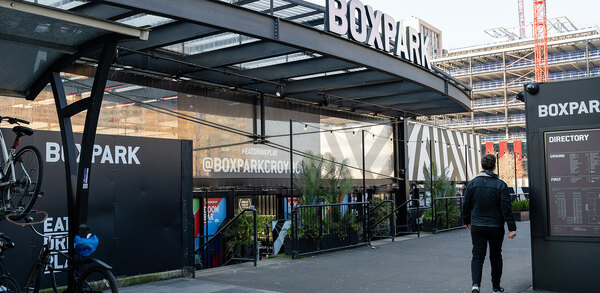Viewpoint: There are careers going begging in hospitality – just not for the dull and boring
Peter Hancock
The British Hospitality Association has warned of a severe shortage of staff to fill vacancies in our industry and anticipates that Britainâs departure from the EU will only exacerbate the problem. Of course, we donât yet know whether any EU migrants will be obliged to leave once the Brexit negotiations are complete, but even if they can stay, as many of us hope and expect, we still lack sufficient British workers choosing to come into the catering trade.
Why is this? Are there good reasons why people born in the UK tend to snub opportunities to work as waiters, chefs and housekeepers, while visitors from abroad snap them up? Iâm afraid the root of this may be cultural, and it is to our shame.
Throughout my school years we had it drummed into us that we needed to pass exams to get a decent job â" ideally, something âprofessionalâ that had perceived status. Where I went to school in Portsmouth we had one bloke who was laughably called the careers master and whose dingy office every boy had to report to just once. On my visit, he asked whether I wanted to join the army, the navy or the Royal Air Force. None of those, I replied. He gave me the leaflets anyway and that was the end of the conversation. Soon afterwards I was serving behind the bar at Pontins holiday camp in Bracklesham Bay and the fun phase of my life had started.
Even my daughters, who are in their twenties, encountered bias from their teachers, who gave the impression that the only careers worth having were those requiring academic qualifications. Serving in a café is what you do while looking for a âproperâ job.
Much is being done to correct this fat-headed approach. The BHAâs own Big Conversation in conjunction with Springboard is a good example, as is the Gold Service Scholarship Award, now in its sixth year. But we have a mountain to climb in terms of showing parents and teachers that careers in hospitality can be enjoyable and, if youâre any good, rewarding, with chances to progress rapidly into management.
Perhaps the biggest hurdle is the perception of servility. In fact, the only people who look and feel uncomfortable when serving the public are those who lack the personality to do it well. I expect they watch someone like Fred Sirieix on First Dates and think heâs not serving at all. But, as we all know, he is: heâs just doing it the right way.
Peter Hancock is chief executive of Pride of Britain Hotels


















